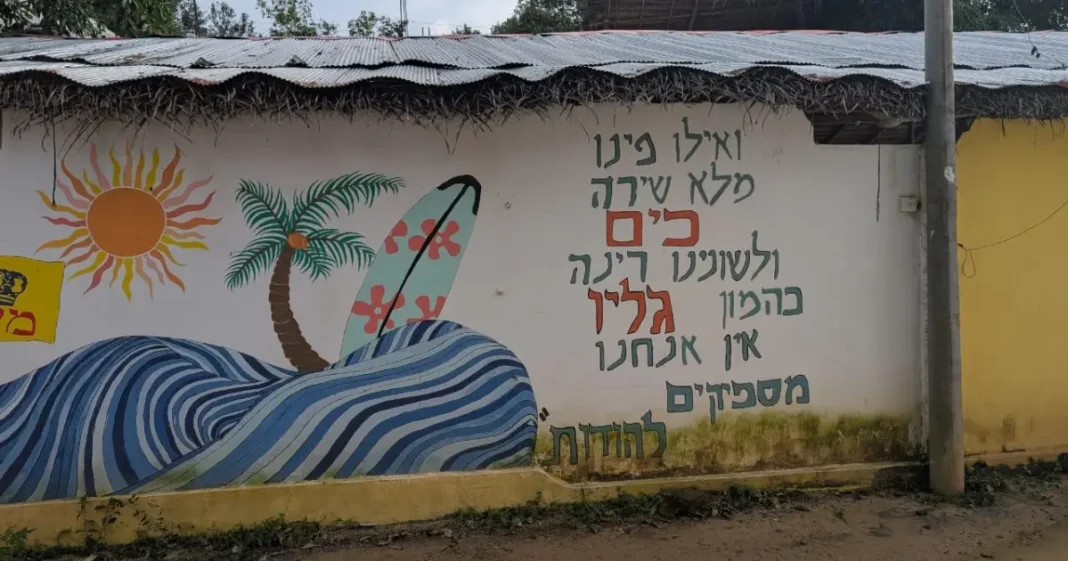Image: The Jewish Shabbat Centre at Arugam Bay, Sri Lanka [Prinita Thevarajah/Al Jazeera]
Some Israelis, who are here as tourists, are involved in peddling various types of narcotics in their unauthorized business centres set up in certain pockets of the eastern province, posing a threat to public security, according to reports shared with the tourism authorities.
A source familiar with developments in the tourism sector said some foreign nationals have established business ventures such as nightclubs and guest houses. The source said these centres operate under the names of their local partners. Locals are involved as a cover to circumvent legal regulations. Cases have been reported from areas such as Arugambay, Ulla, Komari and Panama in the Potuvil division of the Ampara district in the eastern coast.
These foreigners provide their services to other fellow tourists and income earned is repatriated through unregulated methods of money transfer such as Undiyal. As a result, Sri Lanka is denied proper revenue from tourism.
The source said that narcotics are peddled at these places for clients who are organized through closed social media groups on platforms such as WhatsApp and Facebook, raising concerns about public safety and the erosion of lawful tourism practices.
The authorities concerned have found it hard to dismantle these networks as they operate digitally and serve a close-knit group of customers who are already in the area as tourists.
Foreigners, involved in businesses unlawfully, are reported from tourist hotspots such as Unawatuna and Weligama. They even provide taxi services.
The source stressed the need for the amendment of Sri Lankan immigration law as it is primarily governed by the Immigrants and Emigrants Act and its subsequent amendments to ensure ethical tourism in the country.
Earlier, Parliament was informed that Israelis even operate three Chabad Houses which are Jewish religious centres in Colombo, Weligama and Ella. The Sri Lankan law that deals with places of religious worship has provisions related to Buddhism, Islam, Christianity and Hindu, but not Jewish religion. As a result, the Ministry of Buddhasasana, Religious and Cultural Affairs cannot deal with Jewish religious places in the country directly.
Colombo, July 3 (Daily Mirror)
